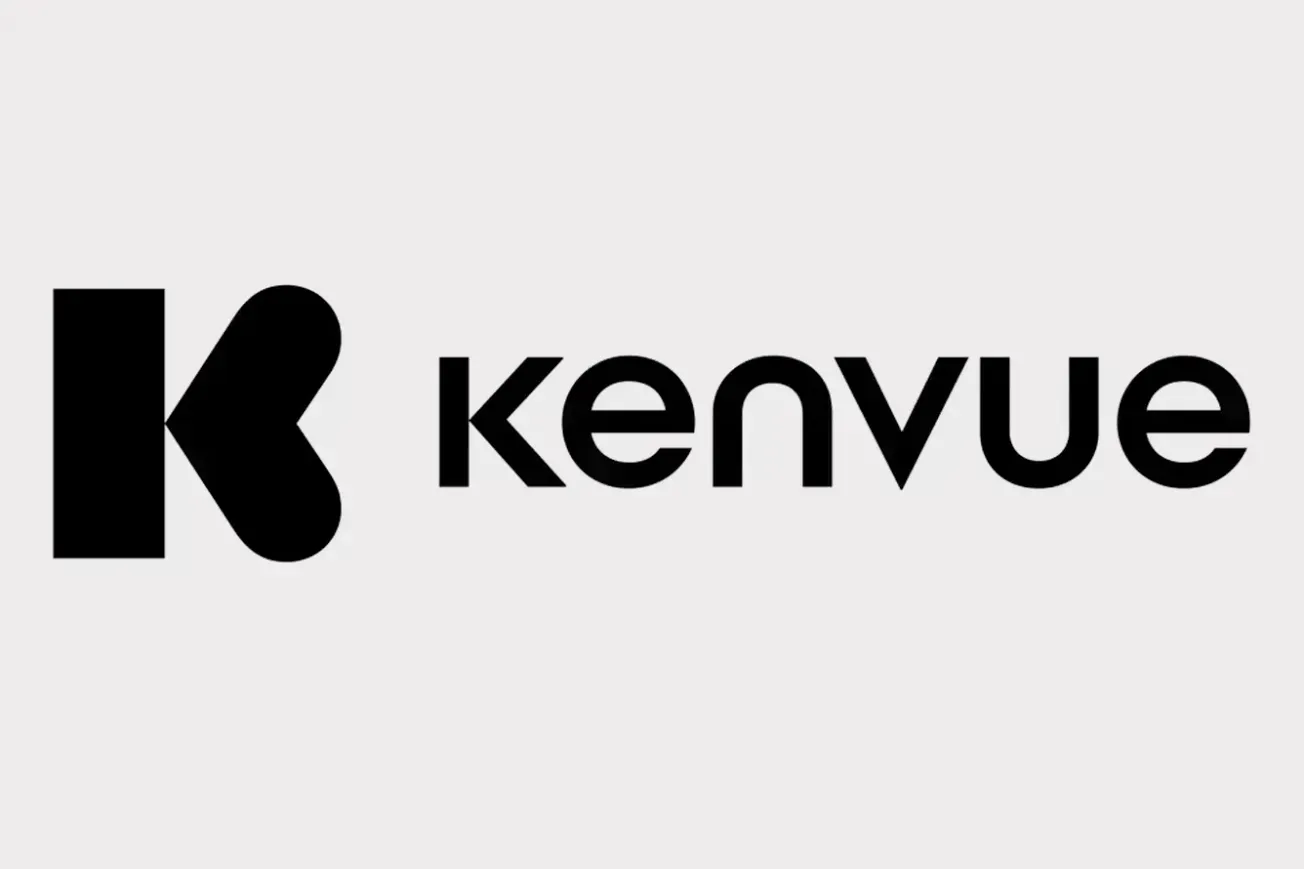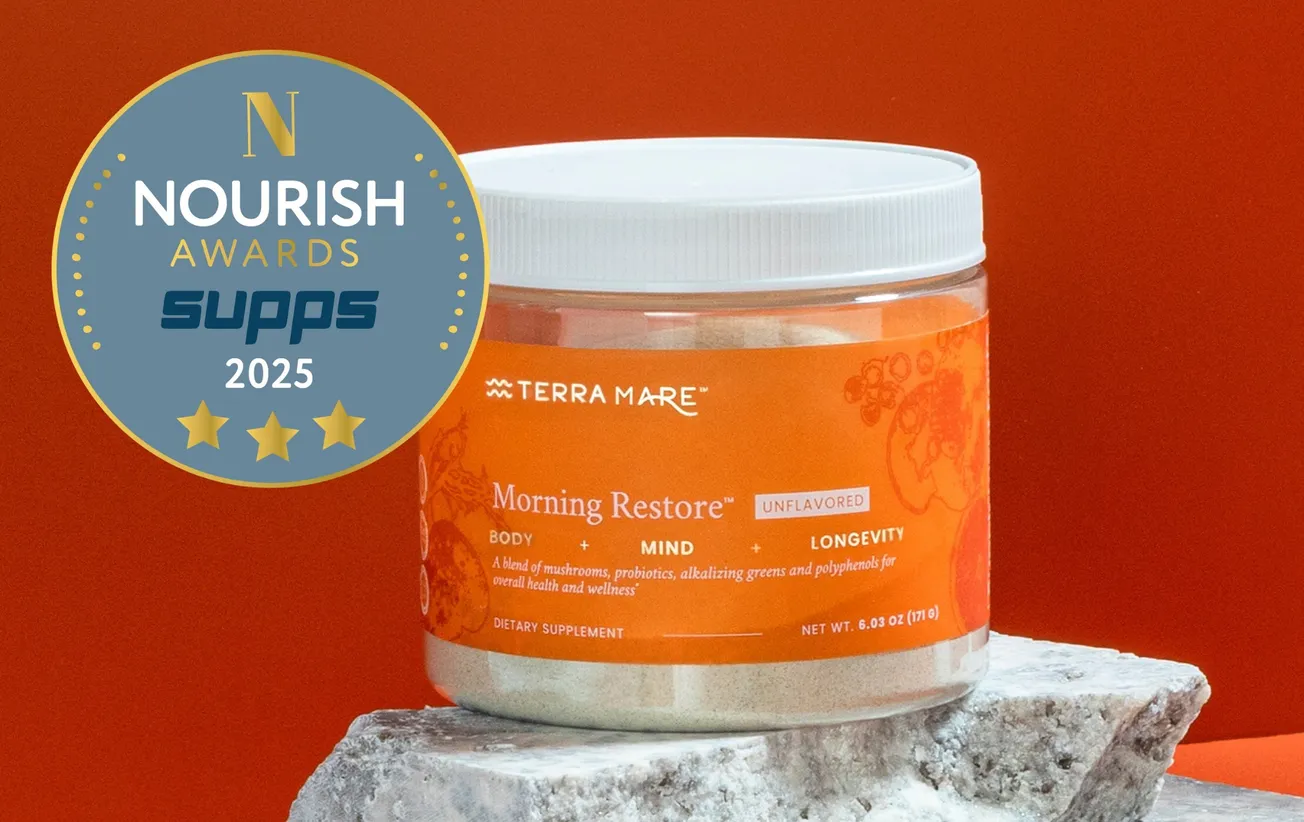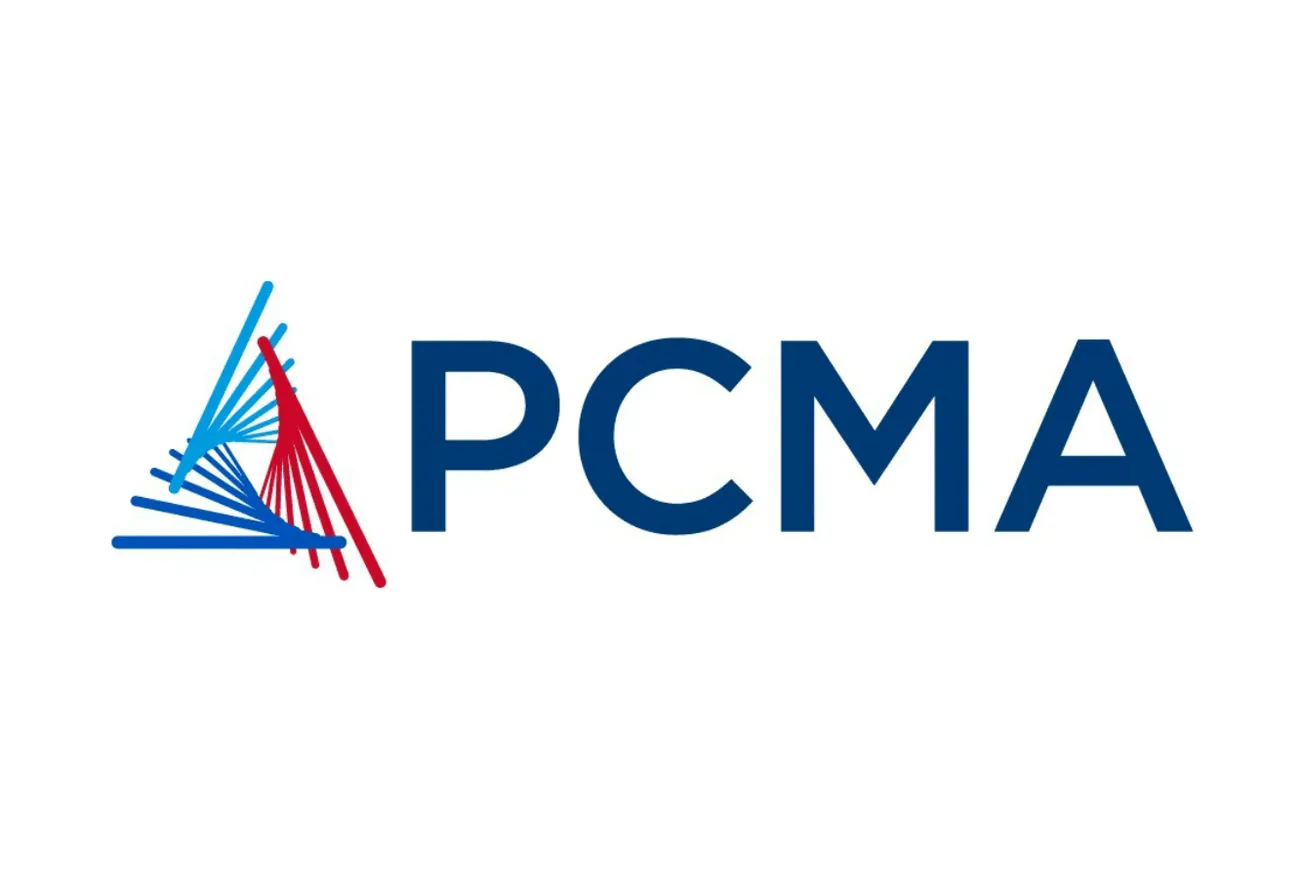PARSIPPANY, N.J. — Actavis Inc. expects patent litigation to be more difficult in the wake of yesterday’s Supreme Court’s ruling on patent settlements.
In Monday’s 5-3 decision, the high court reversed a ruling by the U.S. Court of Appeals for the Eleventh Circuit that had affirmed an earlier District Court decision granting Actavis’ motion to dismiss the Federal Trade Commission’s lawsuit, FTC v. Actavis Inc.
The FTC complaint focused on so-called "pay for delay" patent settlements regarding generic versions of the drug AndroGel, a treatment for low testosterone. Branded drug maker Solvay Pharmaceuticals (now part of AbbVie) had entered agreements with Watson Pharmaceuticals (now part of Actavis), Paddock Laboratories and Par Pharmaceutical to not bring AndroGel generics to market for a specified time period.
The Supreme Court’s ruling remanded the case for further proceedings. Actavis said it aims to defend its position.
In a statement on the decision, Actavis noted that the court rejected the FTC’s proposed "quick look" approach for assessing potential anticompetitive effects of patent settlements and adopted the traditional "rule of reason" as the standard.
In a "quick look" analysis under the Sherman Antitrust Act, economic harm is presumed, and the burden of proof falls on the defendant to show there’s no anticompetitive impact. In "rule of reason," the pro-competitive aspects of a patent settlement are weighed against possible anticompetitive effects to determine if it violated antitrust law.
"We are pleased that the court rejected the FTC’s proposed ‘quick look’ test and did not rule that settlement agreements are presumptively unlawful. Rather, the court has established that the ‘rule of reason’ be applied and left it to the lower courts to determine if the benefits of the settlement outweigh harm to consumers," Actavis president and chief executive officer Paul Bisaro said in a statement. "We believe this decision continues to provide for a lawful and legitimate pathway for resolving patent challenge litigation in a manner that is pro-competitive and beneficial to American consumers.
"The court’s ruling however, does place an additional and unnecessary administrative burden on our industry," Bisaro added. "Patent settlements have saved and continue to save consumers billions of dollars and ensure more timely introduction of generic competition. We plan to continue to defend the propriety of such settlements against any further legislative or judicial challenges."







